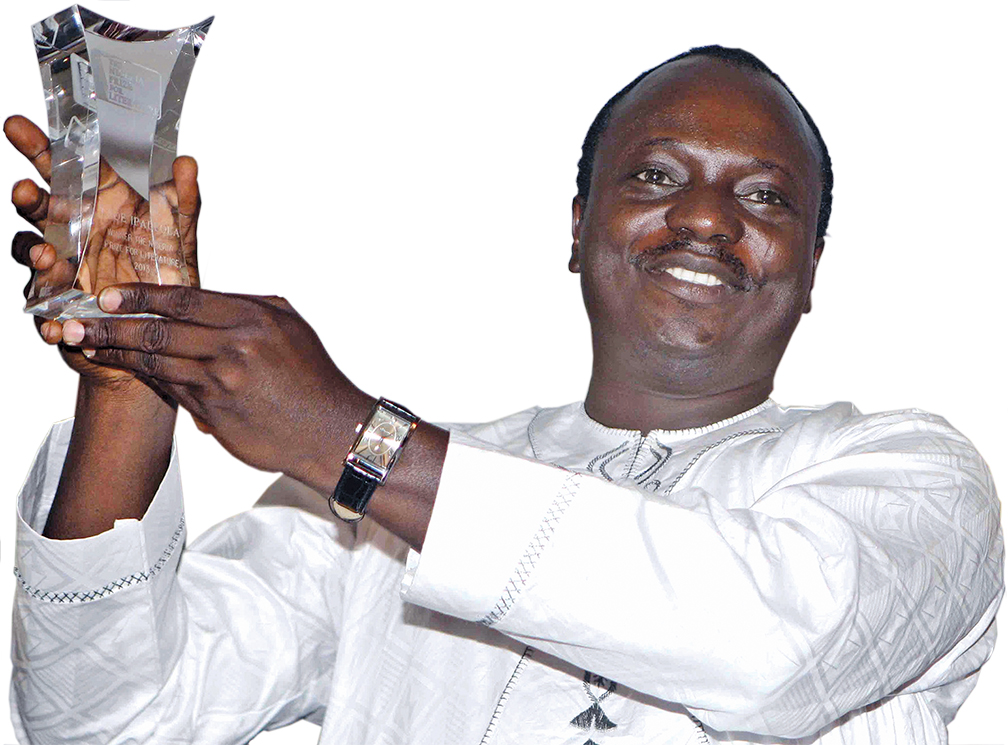AGENCE FRANCE-PRESSE
Headlines portray the Sahara as a barren desert that claims the lives of many migrants. But Nigerian poet Tade Ipadeola had a different story to tell — and it was worth $100,000.
Ipadeola’s The Sahara Testaments won the most lucrative writing award in Africa, the Nigeria Prize for Literature, for his account of the history and culture of the world’s largest desert.
He said the Sahara’s true richness has been distorted and overlooked. “I wanted to show that it is not just a barren wasteland,” the 43-year-old poet said. “The Sahara was the prime location for some of the greatest literature in the world.”
The Sahara Testaments touches on the desert’s history, the impact of climate change, personal stories, and some political criticism and satire. Ipadeola targets the energy companies that he says have permanently disrupted life for the region’s indigenous people. Despite his harsh criticism of the oil and gas sector, he applauded the sponsor of the Nigeria prize, Nigeria Liquified and Natural Gas, for giving him the honor above the 200 other applicants.
Ipadeola, who trained as a lawyer, said he began work on The Sahara Testaments eight years earlier. He tried to write in the afternoons and evenings after spending the days practicing law in the southwestern Nigerian city of Ibadan. Having realized that he would never finish the collection as long as he was working in law, he cashed in his savings and set out to explore the desert.
He went from Mauritania to Egypt, staying with friends and acquaintances, meeting everyone he could, from Tuaregs in northern Mali to market traders in Egypt. His research was hampered by the Arab Spring revolts, which swept across the region from Tunisia in December 2010, making some places too dangerous to visit. “I couldn’t touch Libya at all,” Ipadeola said, referring to the 2011-2012 civil war that toppled the country’s leader, Moammar Gadhafi.
Even though his work focused on the rich life of the Sahara, he nonetheless hoped that The Sahara Testaments would raise awareness about the unsustainable flow of Africans into Europe. “Europe cannot contain the influx,” he said. “Europeans are becoming increasingly xenophobic. It is a really explosive mix.”
He blamed a “failure of African leadership” for the heartbreaking accounts of migrants perishing, chastising politicians who have failed to provide opportunities for their people and failed to stop them from embarking on borderline suicidal journeys. “The bulk of those who leave are oblivious to the dangers of trying to cross that amount of distance in one of the hottest places on earth.”

